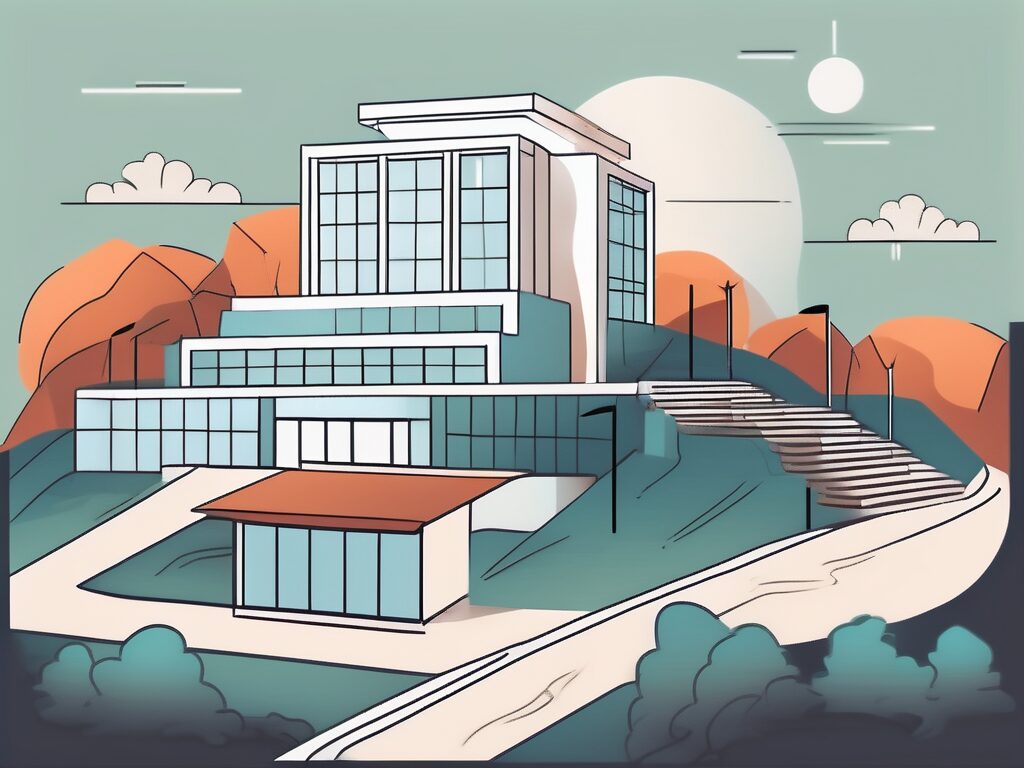Education is a fundamental right for every child, regardless of their background or nationality. However, for migrant children in Singapore, accessing quality education can present a unique set of challenges. This article delves into these challenges, drawing insights from the perspective of someone with a Master’s in Education. We’ll explore the barriers these children face, and discuss potential solutions to ensure they receive the education they deserve.
Challenge 1: Language Barrier
The first and perhaps most obvious challenge for migrant children in Singapore is the language barrier. English is the medium of instruction in Singapore’s schools, and while it’s a global language, it may not be the first language for many migrant children. This can make it difficult for them to keep up with their peers, both in terms of understanding the curriculum and in social interactions.
For someone with a Master’s in Education, this challenge is not insurmountable. There are numerous strategies that can be employed to help these children overcome the language barrier. For instance, additional language support can be provided, either through extra classes or one-on-one tutoring. Additionally, integrating language learning into other subjects can also be beneficial.
Challenge 2: Cultural Differences
Another significant challenge is the cultural differences that migrant children may experience. Singapore is a multicultural city, but it can still be a culture shock for children coming from different backgrounds. This can lead to feelings of isolation and difficulty in integrating into the school community.
However, with a Master’s in Education, one can devise strategies to help these children adjust to their new environment. For instance, cultural sensitivity training for teachers and students can help foster a more inclusive environment. Additionally, celebrating diverse cultural festivals and traditions in schools can also help migrant children feel more at home.
Challenge 3: Socio-Economic Factors
Migrant children often come from families that are economically disadvantaged. This can affect their access to resources that are crucial for their education, such as textbooks, tuition classes, and even basic necessities like a quiet place to study.
For an education professional with a Master’s degree, understanding these socio-economic factors is crucial. Schools can provide financial aid or scholarships to help these children. Additionally, community initiatives can be set up to provide resources like second-hand textbooks or study spaces.
Challenge 4: Policy Restrictions
Finally, policy restrictions can pose a significant challenge for migrant children’s education in Singapore. For instance, some policies may limit their access to certain schools or programmes, which can hinder their educational progress.
With a Master’s in Education, one can advocate for policy changes that benefit these children. This could involve working with non-profit organisations, lobbying the government, or conducting research to highlight the benefits of inclusive education policies.
Conclusion
While these challenges may seem daunting, they are not insurmountable. With the right strategies and a commitment to inclusive education, we can ensure that every child, including migrant children in Singapore, has access to quality education. As someone with a Master’s in Education, you are well-equipped to make a difference in these children’s lives.
Remember, education is not just about imparting knowledge. It’s about empowering individuals, fostering understanding, and building a more inclusive society. And that’s a goal worth striving for.
Empower Migrant Children Through Professional Development
As we strive to overcome the educational barriers faced by migrant children in Singapore, it’s crucial for educators to be equipped with the right qualifications and understanding of diverse educational systems. The International Qualified Teacher Status (iQTS) at UWE is designed to enhance your professional development, ensuring you’re prepared to provide the best educational opportunities to every child. With the iQTS programme, you’ll join a global community of educators, benefit from increased career advancement, and gain a deeper insight into international curricula. If you’re ready to make a significant impact in the lives of migrant children and advance your teaching career, Make Your Next Step with the iQTS programme today.

